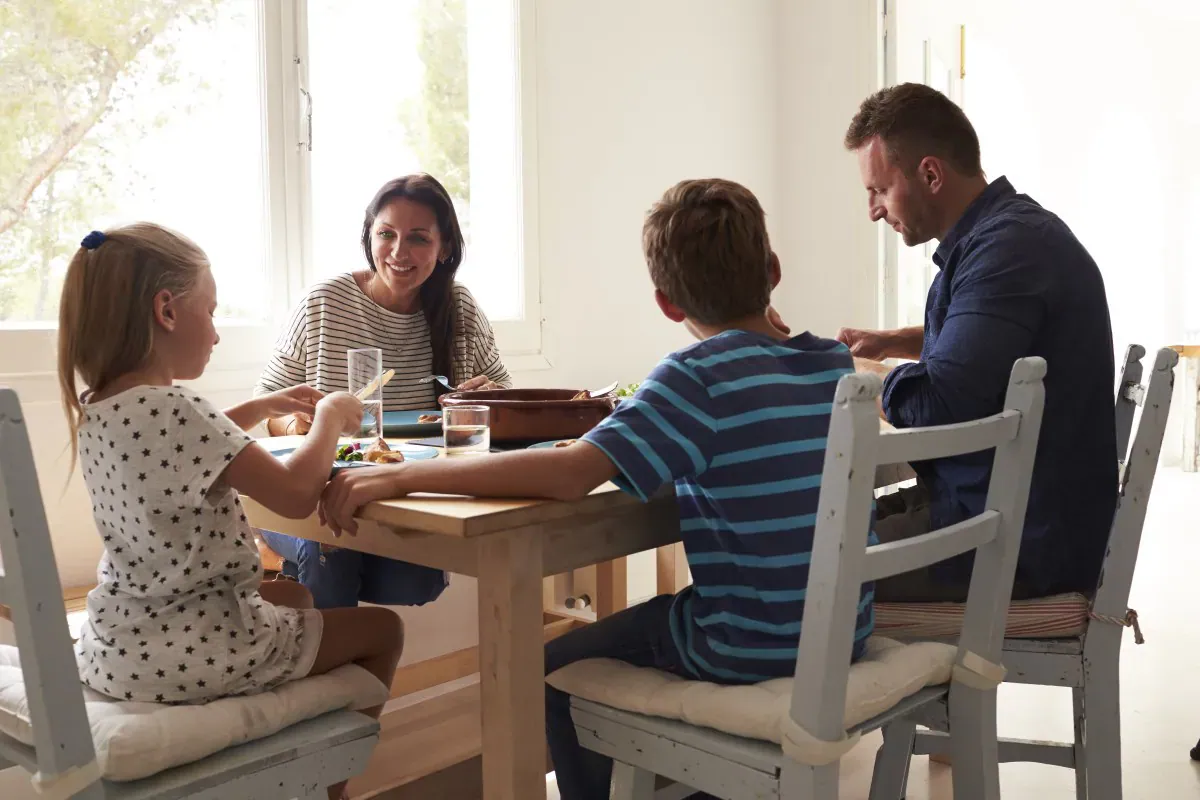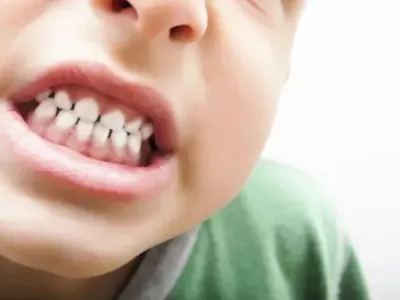Parenting courses can help Dads and Mums work together

When you look around a parenting class, you might see more mums than dads. But it would be a mistake to think that’s because dads aren’t interested.
We’re finding more about what fathers are looking for when it comes to parenting support: they want to be great dads, and not just in a roughhousing, sporty kind of way.
When fathers were asked which topics they wanted to learn about most in a parenting programme, included in their top answers were:
- How to increase their child's confidence and social skills
- How to build a positive relationship with their child
- The best way to deal with behaviour issues, and
- Helping kids to do well at school and succeed in life.
The focus groups were part of the initial phase of research which has just been published in the Journal of Child and Family Studies. The paper is by Tenille Frank and Dr Louise Keown of the Parenting Research Group at the University of Auckland, New Zealand. (I’m a visiting professor there, and I’m a co-author of the study, along with University of Queensland researcher Dr Cassandra Dittman).
The initial research found that often, fathers start out doing a parenting programme feeling like they’re just background figures. The terrific thing is, as they learn the importance of a father’s interactions and play with their children, they become more actively involved in parenting, and spent more quality time with their kids.
For example, Dads said:
- “Originally I went along to support my wife, but I have found that I learnt a lot and I am pleased that I went because I am part of the situation too.”
- “I play more with my children after completing the course, and this has helped with our relationship and has improved my children’s behaviour.”
Couples who completed a parenting programme also discovered the benefits of greater co-operation with their partners:
- “We have been talking a lot more. Good things come from talking.”
- “I recognise when (wife) is at the end of her tether and I jump in and help, whereas I used to see her explode and think, ‘what is her problem?’”
- “Thank you for putting my mind at ease and getting my wife and I on the same page.”
But let’s come back to that question asking Dads to rate the top subject they’d like to see covered in either parenting classes or some other kind of parenting programme. The number one response (85%) was “fathers’ positive influence on child development”.
In other words, Dads want validation and confirmation that they have a vital role to play in their children’s development.
It’s sad that this isn’t a given. But maybe it’s not surprising, when so often – except for around Father's Day – we hear media reports about “deadbeat dads” or dads who aren’t good role models. And these days, movies, TV shows and advertisements seem to routinely – and unfairly – depict fathers as bumbling fools, followed around by an eye-rolling partner who has to “correct” them.
Like other gender stereotypes, this is not helpful. It may be true that many men still feel uncomfortable discussing their feelings, although thankfully this is changing. Men may have been brought up to believe being “masculine” means they should never be anything other than strong, fearless and capable, all the time. This creates problems when they're unable to express feelings of worry, fear or even tenderness to the people around them.
But fathers, like mothers, no longer need to be locked into the old ways of doing things.
Fathers can make unique and wonderful contributions to their child’s development. Although they may engage somewhat differently with parenting classes and programmes to the way mothers do, both parents can reap enormous benefits, including quite often an improved partnership with each other.
It’s time we put more emphasis on what Dads have to offer, and encouraged them to build their skills and confidence as parents. The flow-on benefits for kids, partners, and fathers themselves will be there all year ‘round, not just the third Sunday in June.

